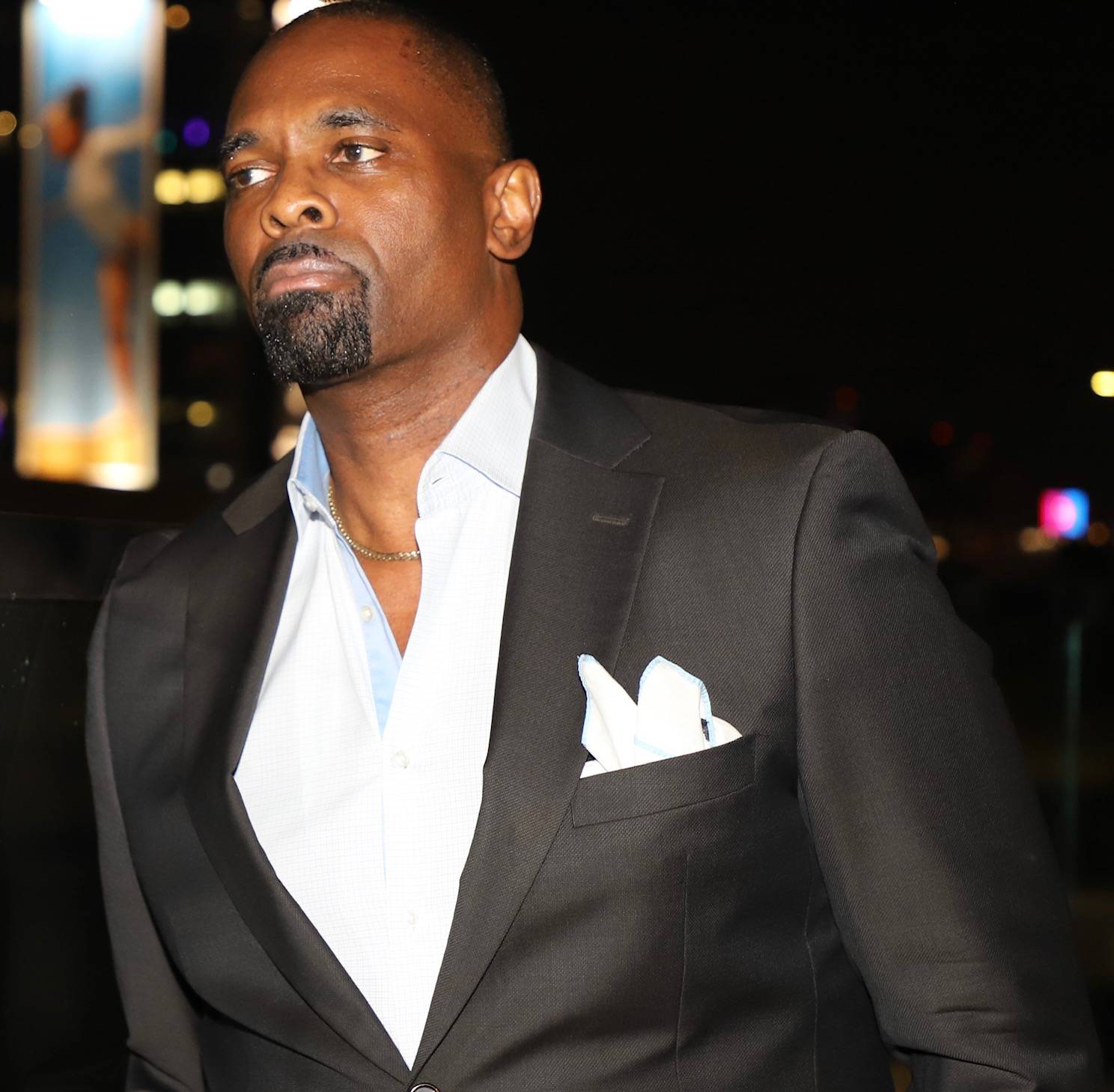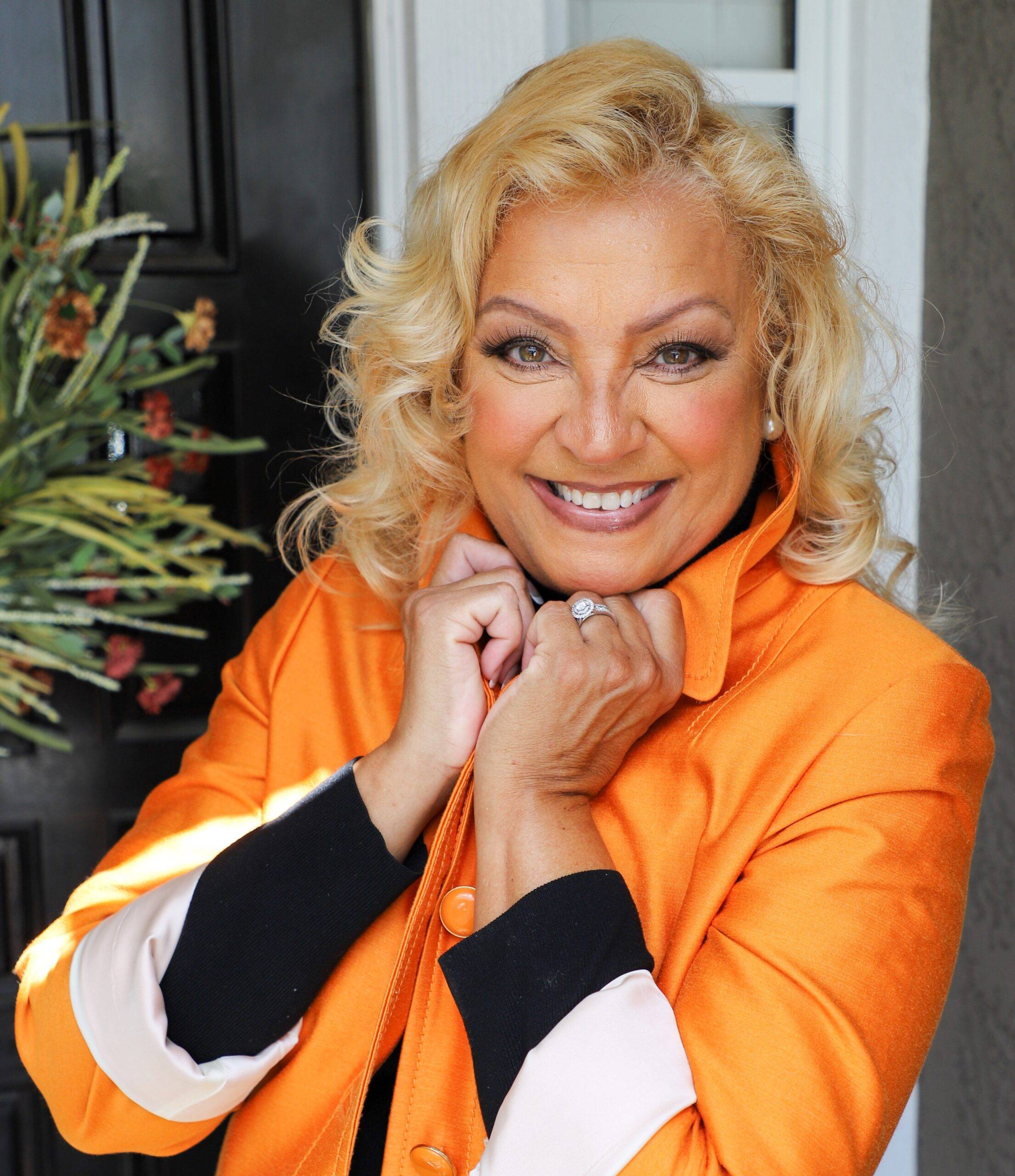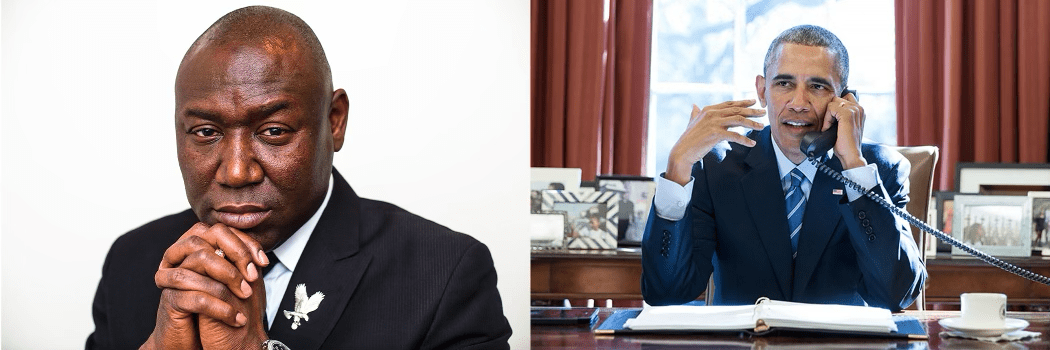I’m sure many of you have heard this interesting debate: Should the man like the woman more, or should the woman like the man more? In other words, this question comes up because some believe that if one gender’s love is stronger, the relationship might stand a better chance of lasting. I wonder: who came up with that logic?
Let’s peel back the layers on this.
So, if one person in a relationship feels more “needy” than the other, that supposedly creates a recipe for longevity and connection. But is that backed by science—or just old-school auntie wisdom handed down with a side of cornbread and unsolicited advice?
The Psychology Behind the Debate
Research on emotional investment and attachment styles actually supports the theory—though not necessarily in the way you might expect. A 2011 study published in the Journal of Personality and Social Psychology found that relationships tend to be more stable when men are slightly more committed or emotionally invested early on. That’s not to say he has to be overly eager or “simping,” but it does suggest that when men show consistent affection and seek emotional reciprocity, women often feel safer to reciprocate—and that safety helps sustain the connection.
Dr. Thema Bryant, psychologist, ordained minister, and current president of the American Psychological Association, often points out that “Black women are taught to nurture, while Black men are taught to perform.” In relationships, this imbalance can lead to situations where women provide emotional labor without getting an equal return. When a man is emotionally present and prioritizes his partner, it breaks the cycle of the strong Black woman stereotype and lets both partners love from a place of vulnerability rather than exhaustion.
So yes—maybe he should like her “more,” but not because she’s playing hard to get. It’s because emotional availability, especially from men, helps balance a dynamic that’s often tilted the other way.
The Myth of “Who Loves Harder”
Let’s be honest—this idea that “somebody has to love more” is rooted in fear, not intimacy. It’s the myth of control disguised as protection: “If he loves me more, he won’t leave.” Or “If I love her less, I won’t get hurt.”
But as therapist Nedra Tawwab points out in her book Set Boundaries, Find Peace, power dynamics based on emotional inequity aren’t sustainable. Healthy love isn’t about who’s more in love — it’s about mutual emotional safety. When one person consistently holds back or overextends, it creates imbalance that eventually breeds resentment or indifference.
Clinical psychologist Dr. Alduan Tartt (known for his work with Black couples and on OWN’s Love Goals) says that successful relationships among Black professionals tend to show “balanced admiration”—where both people feel lucky to have the other. He explains, “When both partners feel chosen, seen, and valued, they stay in the relationship out of joy, not obligation.”
The Cultural Context: Black Love and Emotional Currency
Let’s keep it real—Black love comes with its own sociocultural variables. Our history has required resilience and self-protection, which means vulnerability hasn’t always felt safe. Dr. Bryant often says that “for many Black men, love has been tied to survival, not softness.” So when a brother finally gets to the point where he’s willing to be emotionally open, it can look like he “loves harder.” But in truth, he’s simply loving freely—something our culture hasn’t always permitted him to do.
Likewise, many Black women—especially those who are educated, ambitious, and healed—are re-evaluating what it means to receive love that doesn’t demand constant labor. They’re learning that they don’t have to earnrest, loyalty, or care. And that’s why the question of “who likes who more” feels so outdated. It’s like arguing over who should paddle harder while ignoring the fact that y’all are in the same damn boat.
What the Data Says
Relationship science doesn’t give us a clear “winner,” but it does reveal some intriguing patterns:
- Gottman Institute research on marital stability shows that relationships with higher emotional attunement—meaning partners notice, respond, and connect emotionally—are 80% more likely to endure.
- Studies by Dr. Terri Orbuch (aka “The Love Doctor”) following over 700 couples for more than 20 years found that men who express affection frequently (verbal and physical) report higher marital satisfaction, regardless of who initiated the affection first.
- In a 2022 Pew Research Center survey, Black couples who described their relationship as “emotionally supportive” were twice as likely to report happiness compared to those who emphasized “practical support.” Translation: people don’t stay because you cook; they stay because they feel seen.
So… Who Should Like the Other More?
Here’s the truth: Love isn’t a competition—it’s a collaboration. The real flex isn’t who fell harder; it’s who stayed curious longer.
But if we must choose sides for the sake of barbershop or brunch table debates, maybe—just maybe—it’s not about liking “more,” but about liking “consistently.” The man who keeps showing up, the woman who keeps receiving with grace—that’s the love story that lasts.
Or as my grandma might’ve said, “It don’t matter who loves more, baby, as long as both of y’all keep choosing each other when it ain’t cute.”
So no, sis, he doesn’t need to love you more. He needs to love you well.
And bro—if you love her more, that’s not weakness. That’s leadership.







